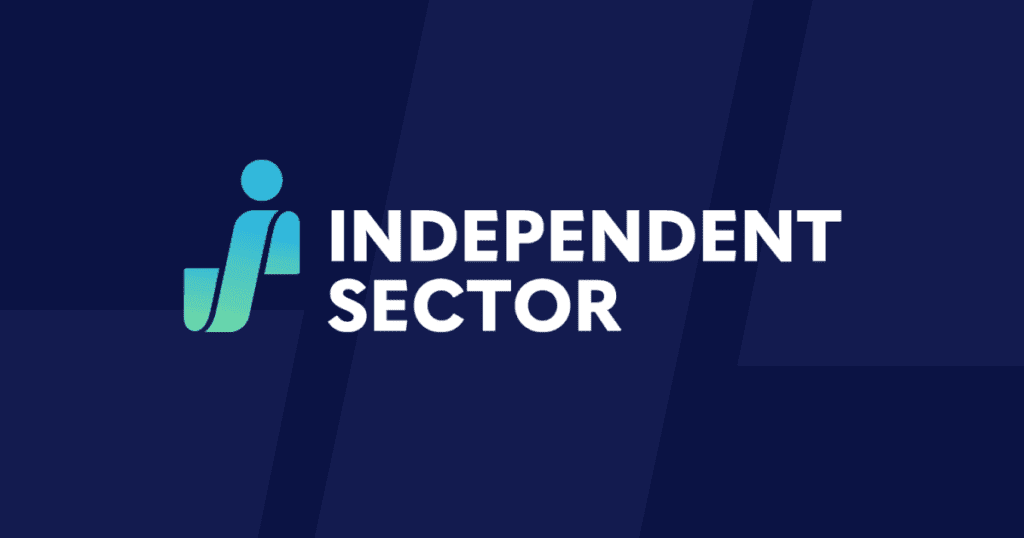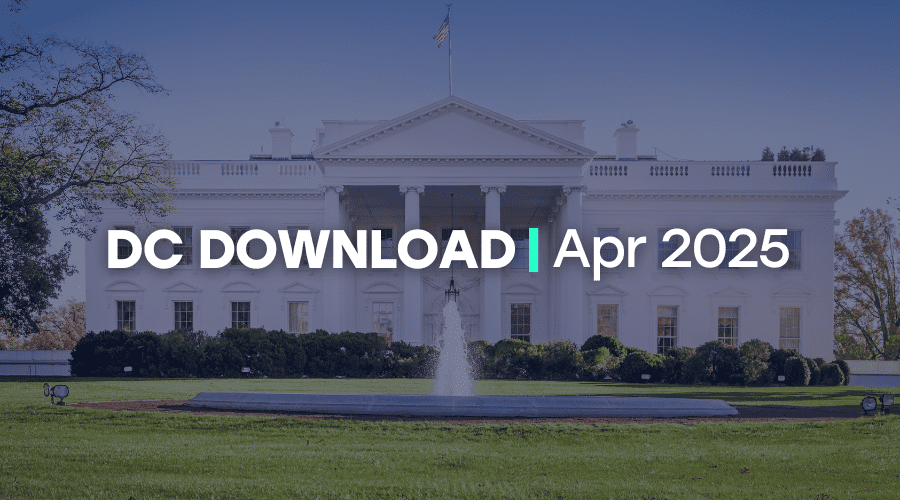We’ve collected another month’s worth of research that interested us and has broad sector relevance. This month’s set contains important insights on the American electorate’s shifting values and opinions on the health of democracy, more analysis on the impact of 2017 tax law on the charitable deduction, plus new data on health and education trends.
Strengthening Democracy: What Do Americans Think?
Last month, in partnership with the Kettering Foundation, Public Agenda released the findings of their new report on public opinion about the health of our democracy. The study tracks evolving views on American democracy and how to strengthen it using what Public Agenda has dubbed the Yankelovich Democracy Monitor (named for Public Agenda’s co-founder Daniel Yankelovich). Overall, 39% of those surveyed said America’s democracy is “in crisis” while 42% say it’s facing serious challenges. Nonetheless, most of those surveyed did believe that everyday citizens have the potential to turn some of these trends around through forms of democratic participation like participatory budgeting, community events, public surveys, online forums, and civics education.
More on the report:
• Americans are ready for more meaningful democracy
Founders’ Fortunes and Philanthropy: A History of the U.S. Charitable-Contribution Deduction
Late last month, Cambridge University published a new paper by University of Southern California researcher Nicolas Duquette that takes a comprehensive look at the policy history of the charitable deduction. For more than a century, the deduction has allowed U.S. taxpayers who itemize to subtract gifts to eligible charities from their taxable income. The conclusion of the paper is that, from its inception, the charitable deduction has been an instrument serving the interests of the rich and empowering them to further engineer both tax policy and a larger philanthropic landscape that remains dependent on billionaire giving. While attitudes about charity—and charitable giving from the ultrarich in particular—have changed over the years, Duquette argues that the standard deduction increase under 2017 tax reform does not reflect the changes.
More on the paper:
• The charitable deduction is mostly for the rich. A new study argues that’s by design.
Independent Sector has toolkits to help mobilize networks and lawmakers to take action to fix the tax code by expanding giving incentives to all taxpayers as both a matter of fairness and sound economic policy. Share the messages far and wide using #EveryDonationCounts
Americans Have Shifted Dramatically on What Values Matter Most
At the end of August, a new Wall Street Journal/NBC News poll found that younger generations of Americans have much different values than the young people of two decades prior. When WSJ and NBC conducted the same poll 21 years ago, strong majorities of respondents said hard work, patriotism, commitment to religion, and the goal of having children were most important to them. Hard work remains high on the list with today’s respondents, but there were some notable downtrends across the other three values:
- 61% cited patriotism as very important to them (down 9% from 1998)
- 50% cited religion (down 12%)
- 43% cited having children (down 16%)
The pollsters who conducted the survey see the findings as significant for two major reasons. For one, the values of the emerging generation theoretically reflect where the country is headed. And in the nearer term, the value disparity is the latest indication that 2020 presidential hopefuls have their work cut out for them in crafting a unifying message that can appeal to a diverse electorate.
New IRS filing season statistics show decline in charitable donation deductions
According to the most recent IRS data, just 12,177,779 taxpayers claimed the charitable donation deduction for the 2018 tax year, totaling $102.7 billion. The data represents a difference of 21,452,206 taxpayers claiming nearly $37 billion less in donations than in the 2017 tax year. Researchers and analysts predicted that the number of taxpayers who would itemize their deductions would drop from one-in-three taxpayers to one-in-ten. And, as Forbes tax expert Kelly Erb noted, “That’s pretty close to what happened.” Erb also underscored the likelihood that the downtrend will continue, as the standard deduction is slated to remain at its current levels (with inflation adjustments) through 2025.
More on the new IRS data:
• Charitable Donation Deductions Plummet After Tax Reform
U.S. Obesity Rates Reach Historic Highs – Racial, Ethnic, Gender and Geographic Discrepancies Continue to Persist
This month, Trust for America’s Health (TFAH) released its annual snapshot of nationwide obesity rates. The report is based in part on new data from the CDC’s Behavioral Risk Factor Surveillance System (BRFSS), which predicts that obesity is set to increase national healthcare spending by $149 billion annually. According to the latest figures, nine U.S. states had adult obesity rates at or above 35% in 2018, up from seven states in the previous year and representing a historic level. Colorado, Hawaii, and DC were the only three places with rates below 25%, which is notable because no states had obesity rates above that threshold as recently as 2000. Moreover, no states had obesity rates above 20% as recently as 1991. While there are a number of behaviors, systemic inequities, and general obstacles to nutrient-dense food that have contributed to the epidemic, TFAH’s report outlines 31 policy recommendations designed to address the obesity crisis. All the recommendations are designed to improve access to nutritious foods and provide safe opportunities for physical activity, while minimizing harmful marketing and advertising tactics.
More on the report:
• Adult obesity rates reach historic level
New survey highlights disconnect between high school and the real world
This month, the Ewing Marion Kauffman Foundation published the findings of a new survey of students, parents, and employers about the degree to which education is preparing students to be future-ready. The survey findings suggest that high schools are not doing enough to prepare students for life beyond the classroom. Employers surveyed said that they are open to hiring a candidate without a college degree, as experience stands out as the most important factor in hiring decisions. Kauffman Vice President of Education Aaron North recently highlighted the themes of the survey findings as well as the clear opportunity to rethink education (inside and outside of schools) at the foundation’s Rethink ED event, which took place last week in Kansas City.
Add Your Voice
The research summaries above are by no means an exhaustive list of the newest information out there to help us better understand the nonprofit landscape. So if we missed a report you think we should know and share about, let us know by leaving a comment!



